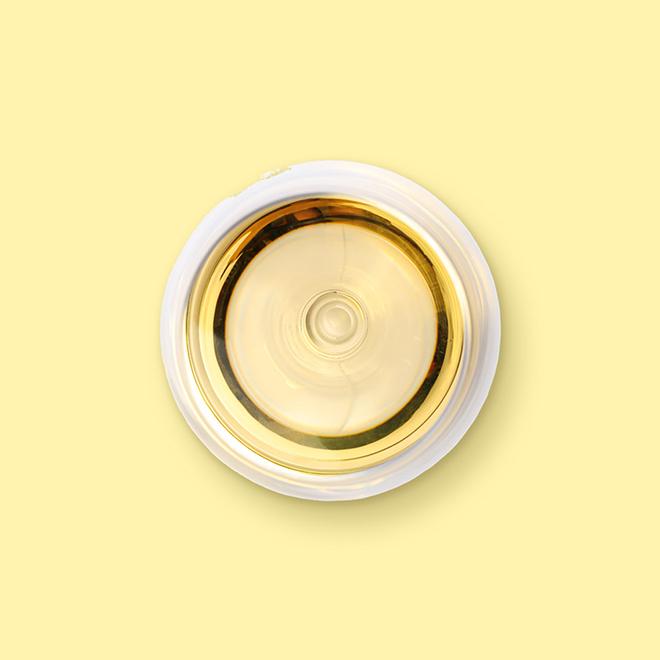Rice Wine




Rice wine is a broad term for alcoholic beverages fermented from rice, primarily consumed in East and Southeast Asia. Unlike most wines made from grapes, rice wine doesn't go through a traditional winemaking process with yeast and sugar conversion. Instead, it relies on the natural starches in rice being converted into alcohol by koji, a type of mold.
There are many types of rice wine but some of the most popular ones are Sake, Mirin, Shaoxing, Hongeo, Cheju Haomijo. Most of them are used both as a drink and in cooking, but some, such as Mirin, are used only in cooking.
Rice wine should be kept in a dark and cool place when unopened. Once opened, it should be refrigerated and last between 1 and 3 months. Rice wine might show discoloration, cloudiness, and a vinegar-like odor when spoiled.
If you have some leftover rice wine, you can use it to deglaze pans after searing meat and vegetables. Using rice wine to deglaze pans creates a caramelized sauce that you can then use for other purposes.
Rice wine is one of the oldest drinks in the world with the oldest recorded rice wine residue dating back to 7,000 BC in China. Did you know that rice wine was a common beverage for workers who participated in the construction of the Great Wall of China and that a mixture of lime, sand and glutinous rice porridge was used as mortar for the wall?
Rice wine is nowadays used mostly as a drink or cooking ingredient. However, it also has other uses such as vinegar substitution, natural disinfectant, fruit and vegetable wash or even a hair mask.
Rice wine can be used as a meat tenderizer in marinades. Its acidity helps break down muscle fibers, resulting in a melt-in-your-mouth texture.
You can use rice wine in poached pears recipes. Poach pears in rice wine infused with vanilla bean and spices for a luxurious and decadent dessert. The wine will infuse the pears with an aromatic and flavorful depth.
Even though very common ingredient in Asian cooking, rice wine still has alcohol in it, so be careful when using it. The longer and higher the heat, the more alcohol will evaporate so stir-frying and simmering are more efficient than quick pan-searing.
Rice wine has a concentrated flavor and can easily overpower your dish. Start with a small amount and taste as you go, adding more if needed.
The potential health benefits of rice wine are often debated. Rice wine contains antioxidants like phenolic acids and ferulic acid, which fight free radicals and may potentially reduce the risk of chronic diseases like cancer, heart disease, and Alzheimer's. Some studies suggest rice wine may aid digestion by stimulating digestive enzymes and reducing stomach acidity. However, more research is needed to confirm this.
While traditionally made from rice fermentation, some commercially available rice wines may contain additives or sugars. Choose low-additive and unsweetened options when possible.
Rice wine is an alcoholic beverage, and excessive alcohol consumption has many well-documented health risks, including liver damage, heart disease, and cancer. Moderation is crucial.
Corrections or improvements? Email us at
content@sidechef.com